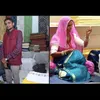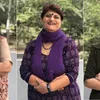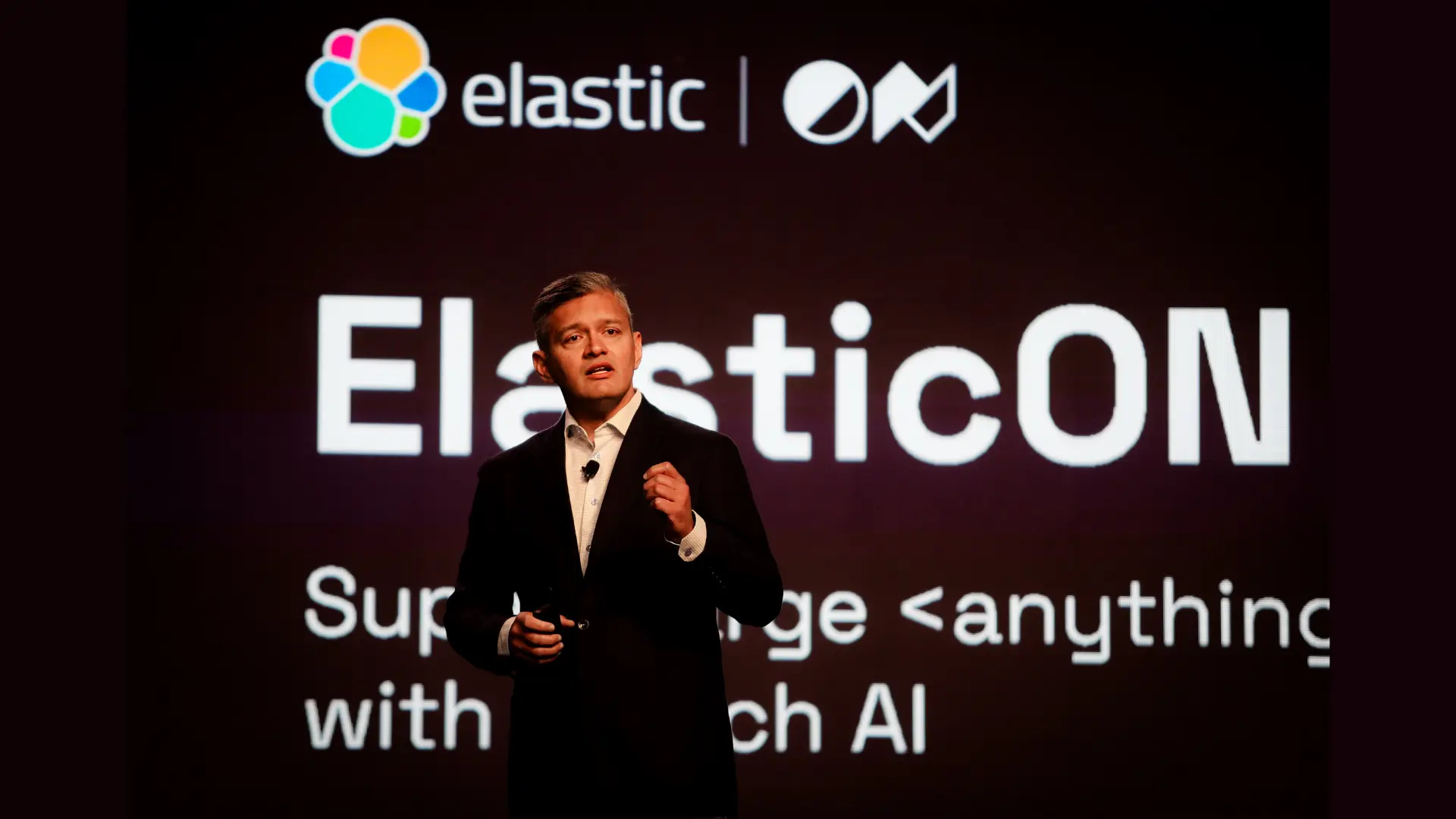From clearing waste on beaches to empowering women – the top Social Stories of the week
This week, SocialStory witnessed the efforts of individuals and NGOs in driving sustainability, empowerment, and providing clean-energy based livelihoods.
This week, SocialStory witnessed the work of Chennai's Bay of Life Surf School and Ocean Literacy that is spreading the message of conserving marine biodiversity.
Meanwhile, we also saw the efforts made by Mohammed Peer Banu, who has trained over 350 women as tailors to start their own business, encouraging them to become financially independent.
In fact, the Pollinate Group is also identifying women entrepreneurs, helping them sell clean-energy based products within their marginalised communities.
Here are the top Social Stories of the week:
Chennai’s Surf school has cleared 24,000 kg of trash from beaches, oceans
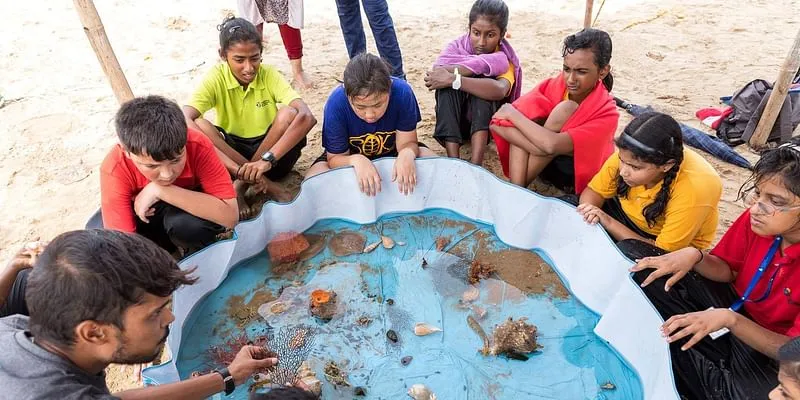
Teaching the kids about the bycatch species
While doing an internship at Kalinga Centre for Rainforest Ecology (KCRE), Showkath Jamal became interested in conservation and wanted to find a reserve to put his efforts into action. While Chennai didn’t have too many forest reserves, he only had to look at the ocean to find a big reserve with extensive marine biodiversity.
Showkath wanted to encourage sustainable sports and ensure that other human activities did not harm the ocean. He started Bay of Life Surf School and Ocean Literacy in 2011. While activities like cleaning beaches and saving marine life, including turtles, have now become popular, Showkath and his team have been doing it for over a decade.
If anyone says that you can have a lot for nothing in return, it will cost you a lot
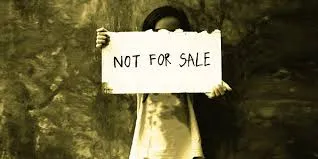
When I was 15-years-old, my mother, two brothers, and I moved to Thiruvallur on the outskirts of Chennai from Ghantabahal Gaon in Odisha in search of work. We were living in poverty and had been promised jobs at a state-of-the-art modern brick kiln.
The factory middlemen had promised us that our lives would change and that we would no longer have any money troubles. The first three months were okay as we were paid Rs 300 to 400 a week.
However, after that, the payments dropped to Rs 250, Rs 200, and then stopped altogether. By then, they had stopped giving us food, and we were being beaten and made to work long hours without any sleep.
Read more about Uttar Kumar’s heartbreaking story here.
Jharkhand tribal woman improved her family’s income; now mobilises others to better their lives

Sushana Guriya with her harvest of lac branches from where she extracts the resin used to make shellac.
Sushana Guriya is a tribal woman from Jharkhand’s Khunti district. Despite receiving above-average rainfall in the monsoon, and a wide network of rivers and streams, the families with small landholdings struggle to make ends meet and earn a livelihood off their farms. Her family was one of them living on Rs 25,000 a year.
In 2017, the family’s fortunes changed when Sushana joined 21 other tribals and went for a one-week lac processing training at the Indian Institute of Natural Resins and Gums (IINRG), Ranchi, with the support of Torpa Rural Development Society for Women (TRDSW) and Edelgive.
Peer Banu spreading a message of self-reliance, harmony in her village in Tamil Nadu

Peer Bano (extreme right) with the women of the Bismi Self Help Group is helping women gain financial independence.
When Mohammed Peer Banu first arrived at her husband’s home in Eruvadi village in Tirunelveli as a young bride, she brought along a sewing machine to help her make a small living. Over the years, the need to educate three children saw her exploring other ways to make money. She had heard about a basket making training programme run by the Srinivasan Services Trust (SST) through which she could increase her income.
“The field officers from SST explained how I could learn new skills, including basket-making, and expand my business and earn more money,” said Peer Banu — now the Head of the Bismi Self Help Group (SHG) — founded in 2006.
Today, the 15 women-strong SHG makes and sells clothes and baskets made of banana fibre, which they process themselves. In fact, Peer Banu has trained over 350 women as tailors to start their own business and encouraged them to become financially independent.
A social enterprise that improves livelihoods and empowers women with clean-energy products

The team of Pollinate Group
Pollinate Group not only aims to tackle poverty but also provides clean-energy based solutions to these communities, as well as empowers women to become entrepreneurs.
Founded in 2012, the social enterprise works on three UN SDGs — no poverty, gender equality, and affordable, reliable, sustainable, and modern energy for all. It aims to improve the livelihoods of marginalised communities and empower women in both India and Nepal.
Edited by Suman Singh




